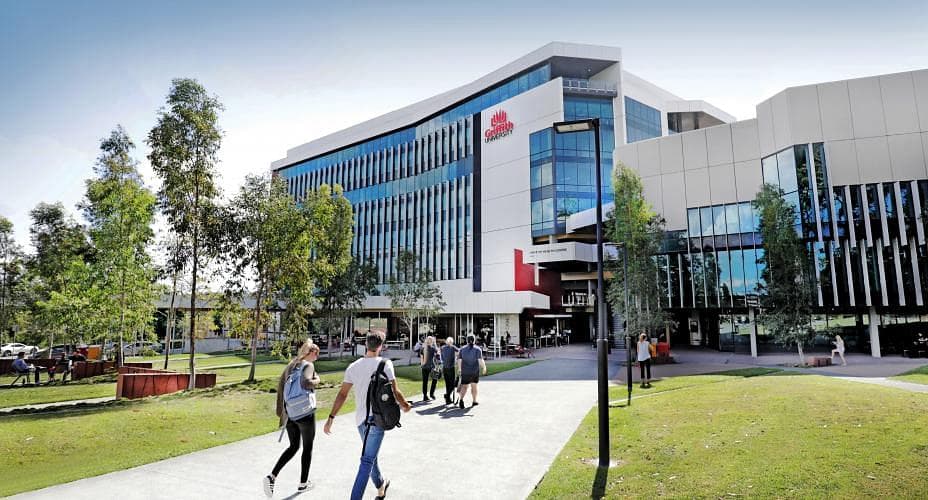

Master of Electronic and Computer Engineering / Master of Electronic and Sport Engineering at Griffith University
Brisbane, Australia
- Tuition Fee AU$ 39,000
- Country Rank-
- Duration24 Months
- Score IELTS: 6.5 TOEFL: 79
Program Overview
Electronic and Computer Engineers and Electronic and Sport Engineers work in the exciting cutting edge area of high technology. This program delivers advanced core knowledge required in the electronics area to allow graduates to work in many different disciplines of electronics. It also covers the very important area of electronic computing. Most modern electronic devices and systems nowadays contain microprocessor or computing hardware.
Graduates will also undertake courses in the exciting new area of sport engineering, which will give them skills to design or implement high technology solutions for elite athletes or the everyday sportsperson.
The program allows the opportunity to undertake elective courses in the student's areas of interest. A full trimester research project allows students to demonstrate autonomous research skills whilst executing professional practice skills learnt in the program.
Cost Of Studying At Griffith University
Interest rates as low as 8.9% *
250K+
Students Assisted
800Cr+
Loan Amount Disbursed
5000+
Loans Sanctioned